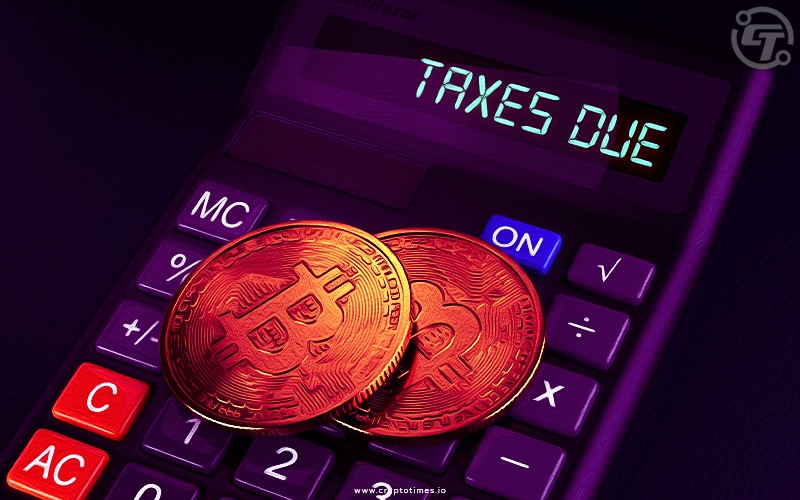In Brief:
- The new tax laws on cryptocurrencies and other digital assets will take effect in the coming fiscal year, FY2022-23.
- Anyone who sells their crypto assets in fiscal year 2021-22 will be unaffected.
- Booking long-term capital gains on crypto assets before March 31 could save you 10% in taxes.
The new tax laws on crypto and other digital assets will take effect in the coming fiscal year, FY2022-23. However, there is no mention of cryptocurrency sales being taxed in Budget 2022 for the current fiscal year.
In India, cryptocurrency will be taxed for the first time. Finance Minister Nirmala Sitharaman indicated in her Budget statement on February 1 that the transfer of digital assets, including crypto and non-fungible tokens (NFTs), will be subject to a 30% tax. Furthermore, all transfers of such assets will be subject to a 1% tax deducted at source (TDS). Even gifting such assets will result in a 30% tax.
However, how tax is payable on these gains for the current fiscal i.e. FY 2021-22 is still a grey area with experts holding different views.
The new clause imposing a 30% tax on cryptocurrency earnings will take effect on April 1, 2022. As a result, anyone who sells their crypto assets this fiscal year will be unaffected. They have until March 31, 2022, to book earnings or losses and save up to 10% in taxes.
So, if you have gained and sell them this fiscal year, they will not be taxed at 30%, as they will be after April 1.
To deter investors from actively participating in crypto-trading, the government has imposed a 30 percent tax rate on cryptocurrency profits, plus a surcharge and cess. While enacting this tax has provided some tax certainty, the fact that only acquisition costs are deductible has presented a number of issues to the taxpayer.
A 1% TDS rate on the purchase of any cryptocurrency has been implemented by the Finance Bill. The major goal of implementing this nominal rate appears to be to collect all data related to bitcoin trading. This will be a difficult step to achieve on crypto exchanges because the buyer and seller’s identities are anonymous.
Gains on digital virtual assets have been compared to lottery winnings by the government. This isn’t a profit on your investment. As a result, there is no possibility of an indexation benefit or any other type of relaxation. Furthermore, losses suffered while trading in a digital virtual asset cannot be carried forward.






